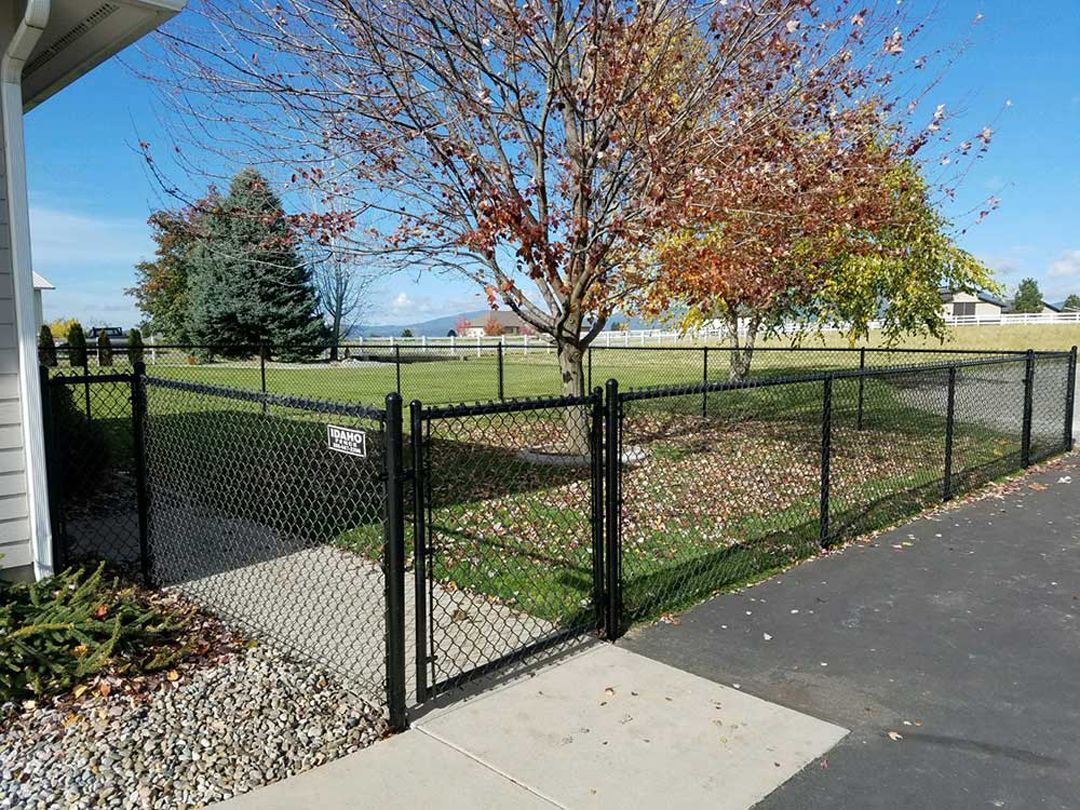Overview of Vinyl and Wood Fencing
When it comes to choosing the perfect fence for your home, the decision often boils down to two popular materials: vinyl and wood. Both options offer unique benefits and drawbacks, making the choice highly dependent on your specific needs, aesthetic preferences, and budget.
In this guide, we’ll break down the key aspects of vinyl and wood fences to help you decide which material is the right fit for your property.

Pros and Cons of Vinyl Fences
- Durability: Vinyl fences are known for their durability, resisting weather damage, pests, and rot for many years.
- Low Maintenance: Vinyl fencing is incredibly low-maintenance, needing only occasional washing, as it doesn’t require painting or staining.
- Cost: While the upfront cost can be higher, the long-term savings on maintenance make vinyl a cost-effective option over time.
- Drawback: The lack of variety in color and style can make vinyl fences less versatile in terms of design.
Benefits and Drawbacks of Wood Fences
- Aesthetic Appeal: Wooden fences have a timeless, natural charm and can be customized with various stains and paints.
- Cost: Wooden fences are often more cost-effective to install than vinyl fences.
- Maintenance: Wood fences need consistent care, including painting, staining, and repairs, to maintain their appearance and prevent rot.
- Lifespan: While wood fences can last many years, they often have a shorter lifespan compared to vinyl, especially in harsh climates.
Is Vinyl or Wood the Best Value for Your Fence?
While vinyl fences tend to cost more initially, they can save you money over time thanks to lower maintenance needs. On the other hand, wood fences may be cheaper to install but require frequent upkeep.
For a long-term investment, vinyl may offer better value, while wood could be more economical for short-term or budget-friendly projects.
Environmental Considerations
Wooden fences are often seen as more eco-friendly due to the renewable nature of wood. However, chemically treated wood may have a higher environmental impact. Vinyl, while not biodegradable, can last much longer, reducing the frequency of replacement.
Consider sourcing sustainably harvested wood or recycled vinyl for a greener choice.
